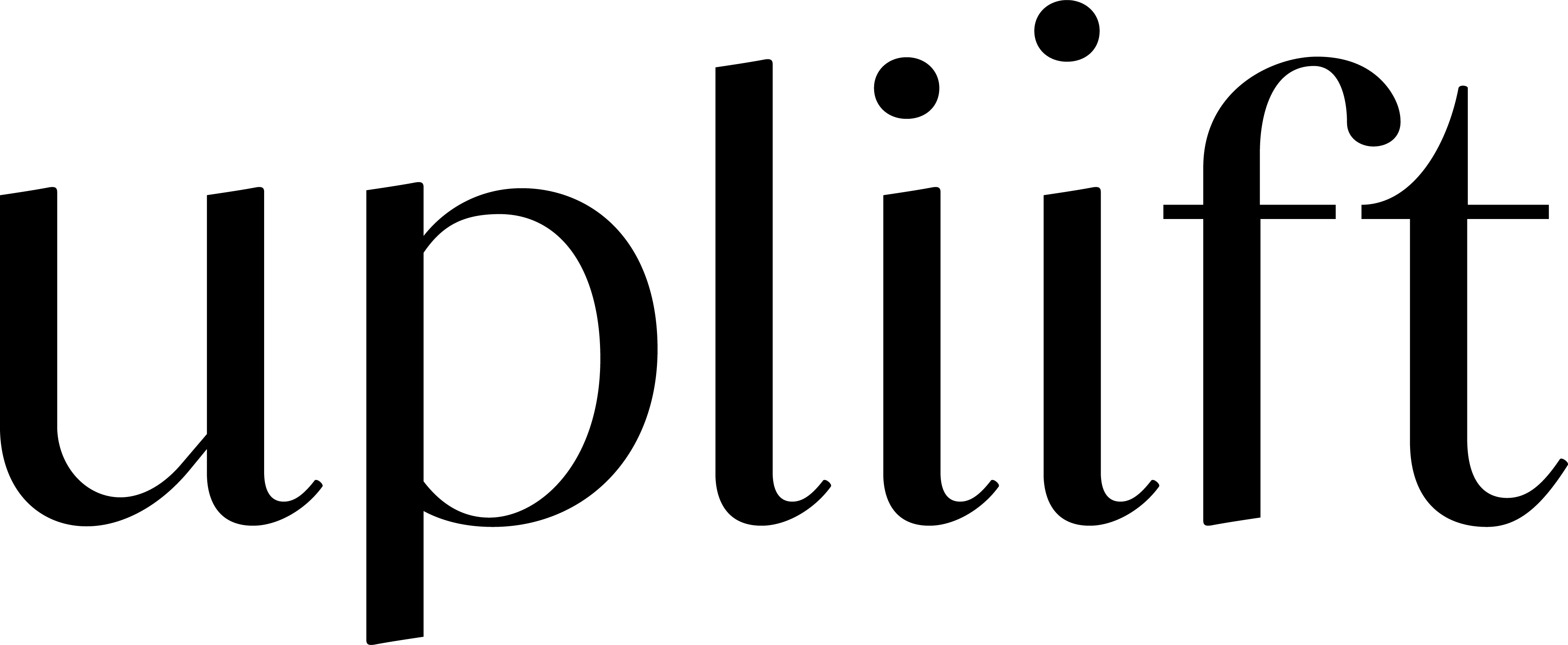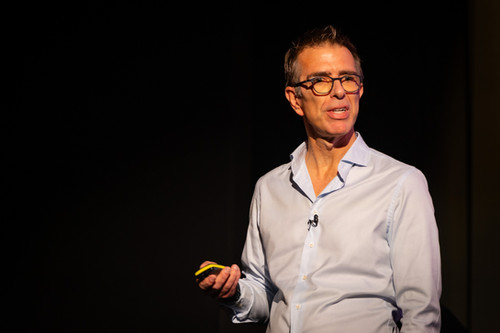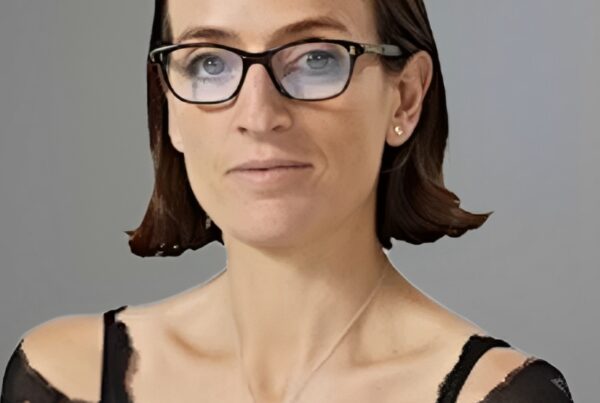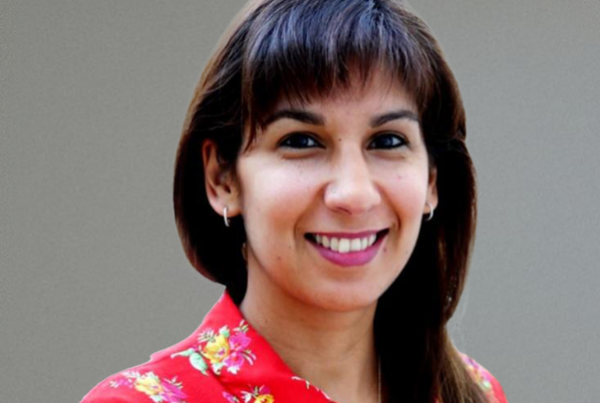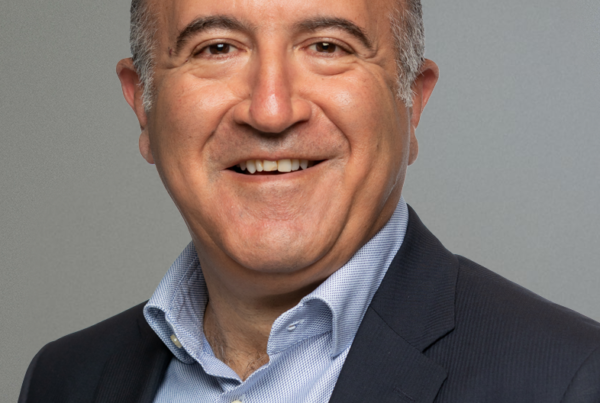Phill Robinson talks about his journey in software, raising capital, and why he’s determined to help European software companies of all sizes get the appropriate support and investment they need to scale. He shares why he believes that Upliift is perfectly placed to help address the funding challenge facing founders of European niche software companies.
Tell us about your background
I completed a computer science degree in the 1980s before heading to California and working as a software programmer for Oracle in Silicon Valley. When I returned to the UK, I worked for a number of American software firms, helping them build their businesses in Europe. The last of those was Salesforce, spending time in the UK before returning to Silicon Valley to be their Chief Marketing Officer for a few years. With a daughter wanting to go to university in the UK, rather than in the US, it was then back to the UK for the next phase of my career.
How did you become involved with funding as well as with software companies?
After returning to the UK, I felt I’d worked enough with American firms and really wanted to be a CEO, running my own company. So, that’s what I did, beginning with a venture capital-backed business based in Cambridge selling video content delivery over the internet. While that would be popular today, it was ahead of its time back then. After 18 months, we sold to Alcatel Lucent and I went on to run a business called Iris Software for a private equity firm. I was there for seven years, during which time we did two exits within the fund. My next move was to the Netherlands for four years as CEO of business and accounting software company Exact, which we eventually sold to private equity firm KKR.
What happened when your life took an unexpected turn at this stage?
While I was in the Netherlands, I was diagnosed with Parkinson’s disease. So, having sold the company and agreeing to be there for the transition, I knew I didn’t want to stay for the long run because there were things I wanted to do that I now couldn’t do later in life. So, I came back to the UK with big plans to travel but they didn’t come to fruition because the pandemic hit! Nonetheless, I had two or three years of doing other things, including being a trustee of the Cure Parkinson’s charity and carrying out some advisory work for private equity companies a few days a week. Then I came up with the idea for Boardwave.
What is Boardwave?
Initially, I thought it would be a project that I could work on one-day a week to keep me integrated with the software industry. That couldn’t have been further from the truth as it’s now a full-time job! My plan in setting up Boardwave as a network of European software CEOs, founders, chairs, independent NEDs and investors, was to help companies in this sector do a better job of building their businesses. It’s a vehicle for sharing knowledge, experience and expertise with one another, as well as for mentorship.
Why is an organisation like Boardwave needed in Europe?
It was born out of frustration over the last 20 or so years as I watched European software companies repeatably being outperformed by their US counterparts. Why couldn’t European firms scale as quickly and effectively as those in the US? Every household software name you can think of is based in the US, and often in Silicon Valley. Why is that? Historically, there are three principal reasons: access to capital; the lower risk appetite of founders in Europe compared to founders in the US; and, most importantly, a lack of an ecosystem or support structure to help founders along the journey, which is what Boardwave is focused on.
Can you expand on this concept of an ecosystem?
Silicon Valley is a small place, and with water on three sides it can’t get any bigger. So, everyone knows everybody else and they all talk the same lingo because they work in software. You’ll see the same faces at school parent evenings, in coffee shops and at the gym. People go to dinner parties and are quite open about sharing ideas. More importantly, when a company is founded and becomes successful, this generates the next company. So, for example, PayPal in 1998 had 19 people when it started, then two employees went off to build YouTube, others went on to build LinkedIn, and a few more went to Tesla. They’re all part of this software ecosystem.
How does this benefit founders?
You have all these ideas and people coming together to form a unit in one business then building their next businesses together. They recycle all the capital, the money they made in the first one, into the next. And there’s a recycling of experience between one and the other, so you create this interconnected web of businesses that all help each other over time. We’ve seen people building businesses out of Oracle, Salesforce and others. Each becomes a flywheel and eventually all these flywheels are spinning and building new start-ups, so it becomes a machine that’s churning out great companies all the time. As a consequence of that, they’re well-funded and they scale to significance much more quickly than we do in Europe. Which is why this community or ecosystem concept is so important.
How will Boardwave replicate this in Europe?
We’re trying to create the same conditions for success in Europe that exist in Silicon Valley. So, we’ve built a community of all the best and brightest founders and CEOs of software companies across Europe, enabling them to share their knowledge and experience in the same way that Californians do. They can help each other, mentor each other and guide each other’s success as they seek to scale. In this way, we’ll level the playing field between Europe and the US and become more competitive. Our ecosystem offers a path to scaling that will allow Europe’s software companies to compete with those in the US.
Why has this become a problem in Europe?
One of the measures of success (and there are many) is to look at a company’s value. In the US, for example, of the top 100 companies by value across all sectors, 36 are software companies. By the same measure, in Asia 25 of the top 100 are software companies. Compare that with just seven in Europe and only one in the UK. So, we clearly don’t do a good job of building global leaders and, as a consequence, there isn’t the fertile breeding ground from which to build the next generation of start-ups. Having said that, Europe has done a good job in the last 10 years of helping to nurture start-ups, for example with government incentives.
What’s been stopping start-ups scaling in Europe?
Unfortunately, although we have a good start-up economy in Europe, a lot of support falls away when a company gets to scale up, say at 10 to 15 million+ turnover. So, just when you need help and advice, it’s gone. That means the rate at which we scale in Europe is slower which, in turn, means these companies become vulnerable. And eventually there’s a lack of liquidity and increasing risk over time. Ultimately, a founder sells the business for the first average offer that comes along, and the business probably becomes a subsidiary of an American software firm.
Is there a flip side to this scaling challenge?
Yes, the picture I’ve painted is what’s ‘been’ happening in the European software sector. Today, I’d say there’s a group of founders who are less risk averse. There’s also more money floating into Europe in terms of venture capital – but not enough. So, while there are still certain types of business that are not well served at present, on the whole there’s more capital around. I also believe the community component I’ve talked about is really important and that’s what we’ve been doing with Boardwave.
At what stage is Boardwave currently?
After 18 months of building our community, we now have 1,100 members across Europe and have launched in the UK, France, Germany and the Netherlands. We’re meeting what is clearly a very unmet need in all markets across Europe for software companies of every size, but in particular those that are scaling up. Governments haven’t recognised that if you’ve been creating a start-up economy through incentivisation over a period of time, the best ones are scaling and getting bigger all at the same time. So, collectively, they become vulnerable and are falling over or getting bought because there’s no corresponding scale-up economy to take them forward. Governments have invested so much in start-ups, but it is ultimately wasted because there’s no money for the next crucial stage in the journey and we can’t let that happen.
Can you tell us more about the funding journey?
It’s a journey from initial idea and pre-seed funding to building the prototype and seed funding and then bringing it to market and getting access to capital. The next stage of the journey when you’ve got significant scale, say 10, 15 or 25 million, is when some companies continue to grow rapidly and enjoy easy access to capital. Other companies are great businesses, but they’re never going to be global, rather they’ll be great in their niche. However, it can be difficult for these niche companies to find the funding they’re looking for to continue the journey they started and realise their vision.
You sound pretty busy! Why did you get involved with Upliift as an advisor?
Upliift helps to address this funding challenge for founders of niche software companies in Europe. One of the big reasons I looked at Upliift in the first place was Alex Myers, the Co-CEO and Founder. We’d worked together twice before, so this was about a human connection and helping each other. It was about me mentoring him to be successful as a CEO. On top of that, it turns out that while software companies of all size, shape and form have to go on a funding journey, some are better served in this respect than others. As I mentioned above, there’s a category of software company that is underserved by traditional sources of capital and that’s what Upliift is trying to solve with its permanent equity model for the bedrock of European companies with revenues of 1-25 million euros.
How important is it that Upliift is a European company with a European focus?
There are some alternative companies in the permanent equity business, but they are colossal. Being involved with them as a founder would be impersonal. They would run the ruler over your business and work it by numbers, versus working together on a relationship, so you’d be a tiny cog in a massive machine. Upliift, on the other hand, is uniquely European and uniquely focused on niche vertical software and has great expertise in that space with value to add. It wants to build relationships that last for years as well as good companies.
How is Boardwave supporting those companies in need of capital?
We’re focused on giving our members access to capital from the right sort of investor for the right sort of software company. I’ve mentioned Upliift’s permanent equity model, but we’ve also got relationships with a series of angel investors, with whom some of our members have been doing whole rounds of funding within Boardwave. And we have access to a number of venture capital companies, as well as working work with private equity people on buyouts and larger transactions, which will be right for some companies, but not for others. We want to make sure that if you’re in our community, you understand what all the options are for the type of business and type of scale you’ve got to at any point on your journey of building your company.
How do you measure success at Boardwave?
We’ve got some great stories to tell already about members finding funding via Boardwave. Other stories are more simply about members giving and getting mentorship and advice. But ultimately, going forward we’ve got to measure the economic output and impacts from members. One of the areas would be to measure the rate at which people scale from 10 to 100 million. It takes a good company in the US 12 years to get to 100 million in turnover. A great one can do it in six or seven. If we look at our membership (excluding the PE-owned businesses), the average time to get to 50 million is 9.5 years and 15 years to get to 100 million. It’s a longer journey than their peers in the US with more risk as each year goes by. So, it would be good to conduct some research on this in a couple of years to see how our members compare with non-members in Europe.
What’s next for Boardwave?
We need to be able to demonstrate the value that we’ve delivered or are delivering. To do this, we want our members not just to join Boardwave but to engage with the community because that’s where they’ll derive real value. This community engagement is important to ensure our members can see this isn’t just a flash in the pan but is a way to gain enduring value. We’re also continuing to grow, so there’s a duty to allow more people to join and for us to help them. It’s a challenge to make a scalable model that works for a larger community across Europe in multiple countries, so we need to use online means more and be more systematic in our approach.
About Upliift
Upliift is Europe’s leading quality-orientated permanent equity investor with a focus on niche European software businesses with €1m – €25m in revenue. Our team of software industry experts across Europe work alongside founders to create better deals for better companies. We collaborate to preserve companies’ brand and culture while making long-term investments that unlock their growth potential and enable founders to fully or partially exit. For more information, visit www.upliift.com


